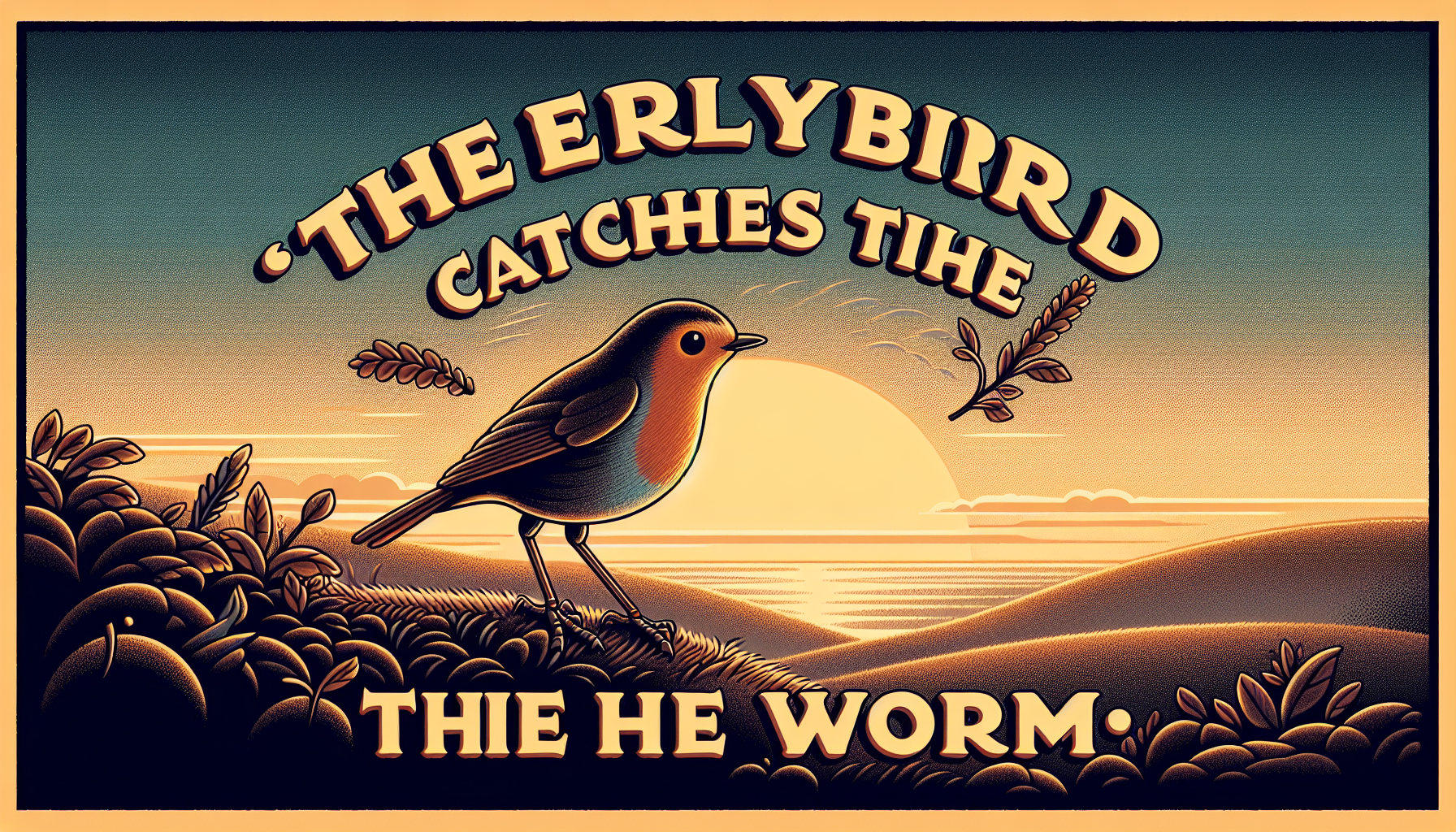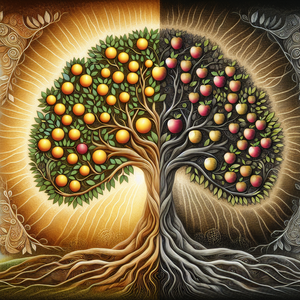The Drudge Effect: How One Website Influences the News Cycle

The Drudge Report operates under a unique editorial philosophy that combines aggregation with sensationalism. By curating stories from various media outlets and presenting them with catchy headlines, the website can elevate certain narratives while overshadowing others. This selective curation is not merely a reflection of personal bias; it is a calculated strategy that captures reader attention and drives traffic. For example, when the Drudge Report prominently features a story—be it a political scandal, a breaking news event, or a cultural moment—it often leads to a significant spike in coverage from mainstream media outlets. According to analytics, stories highlighted on Drudge can experience a surge in online searches and social media shares, amplifying their reach and importance. This phenomenon can be attributed to the website's substantial readership, which includes influential journalists and decision-makers who turn to Drudge for cues on what stories to cover.
The Ripple Effect on Mainstream Media
The Drudge Effect extends beyond mere readership numbers; it influences how stories are reported and the narratives that dominate public conversations. When a story appears on the Drudge Report, it becomes a signal for other media organizations to follow suit. This creates a feedback loop where Drudge dictates the agenda, and mainstream outlets, in their quest for relevance, scramble to provide coverage that aligns with the trending narrative. A clear example of this occurred during the 2016 U.S. Presidential Election. The Drudge Report played a pivotal role in amplifying stories related to then-candidate Donald Trump, including his controversial remarks and campaign rallies. By consistently placing these narratives at the forefront, the website ensured that they received extensive coverage across various platforms, from cable news networks to print media. As a result, the stories featured on Drudge not only shaped the discourse around the election but also influenced public perception of the candidates. This ripple effect demonstrates how a single platform can dominate the news cycle and sway public opinion.
Implications for Journalism
The influence of the Drudge Report raises important questions about the state of journalism and the ethics of news curation. In an era where the line between news and opinion continues to blur, the Drudge Effect exemplifies the power of aggregation to shape narratives. Critics argue that this can lead to sensationalism, where stories are exaggerated or presented out of context to capture attention. Moreover, the reliance on platforms like Drudge undermines the role of traditional journalism, which is grounded in fact-checking and in-depth reporting. As news consumers increasingly turn to aggregation sites for their news, there is a risk that they may be exposed to a one-dimensional view of complex issues, lacking the necessary context that responsible journalism provides. The concern is that as audiences become more reliant on these platforms, the quality of public discourse may decline, with important issues simplified or sensationalized for maximum impact.
The Broader Landscape of News Consumption
The Drudge Effect is also indicative of a broader trend in news consumption, where audiences gravitate towards platforms that reflect their political beliefs and biases. In a polarized media environment, the Drudge Report serves as a rallying point for conservative viewpoints, reinforcing existing narratives while dismissing opposing perspectives. This has led to a fragmented media landscape, where individuals are more likely to consume news that aligns with their beliefs, further entrenching divisions in public discourse. The rise of social media has exacerbated this trend, as algorithms prioritize content that resonates with users’ preferences, creating echo chambers where dissenting views are rarely encountered. As a result, the Drudge Report's influence is magnified, as it becomes one of the primary sources for a specific ideological audience, ultimately shaping public perception and discussion around key issues.
The Drudge Report's influence on the news cycle, encapsulated in the Drudge Effect, underscores the evolving nature of media consumption and the power of digital platforms in shaping public narratives. As this phenomenon continues to unfold, it raises critical questions about the responsibilities of news curators and the impact of aggregation on informed discourse. In a world increasingly reliant on social media and alternative news sources, understanding the dynamics of the Drudge Effect is essential for both journalists and consumers seeking to navigate the complexities of modern news. Ultimately, the Drudge Report serves as a case study in the power of curation and the profound effects it can have on the news we consume and the conversations we engage in. As the media landscape continues to change, the implications of the Drudge Effect will remain a pivotal topic for discussion among journalists, media analysts, and the public alike.
Digital Media Analyst
News organizations, digital marketing agencies, online media platforms
Core Responsibilities
Analyze web traffic and engagement metrics to identify trends and assess the performance of news stories.
Use data visualization tools to present findings and provide actionable insights to editorial teams.
Collaborate with content creators to optimize stories for audience reach and engagement.
Required Skills
Proficiency in Google Analytics, Tableau, or similar analytics tools.
Strong understanding of SEO best practices and how they influence content visibility.
Excellent communication skills for presenting data-driven insights.
Political News Editor
Major newspapers, online news outlets, political magazines
Core Responsibilities
Curate and edit political content, ensuring accuracy and alignment with the publication’s editorial standards.
Collaborate with reporters to develop story angles that resonate with the audience, especially during election cycles.
Monitor real-time news developments and adjust editorial priorities accordingly.
Required Skills
Strong background in political journalism and familiarity with current events.
Exceptional editing and writing skills, with a keen eye for detail.
Experience with digital publishing platforms and content management systems.
Social Media Strategist for News Outlets
News organizations, media agencies, public relations firms
Core Responsibilities
Develop and execute social media campaigns to promote news stories and engage with the audience.
Monitor social media trends and audience sentiments to inform content strategy.
Collaborate with journalists to ensure timely sharing of breaking news and live coverage.
Required Skills
Expertise in social media platforms (Twitter, Facebook, Instagram) and their analytics tools.
Creative thinking to craft compelling posts that drive engagement.
Understanding of digital media trends and audience behavior.
News Aggregation Specialist
Online news platforms, digital magazines, content curation websites
Core Responsibilities
Curate news stories from various sources, ensuring a balanced representation of perspectives.
Use content management systems to publish aggregated news and maintain an organized database.
Analyze reader engagement with aggregated content to guide future curation.
Required Skills
Strong research skills and ability to discern credible sources.
Familiarity with content aggregation tools and SEO principles.
Excellent writing and summarization skills to create compelling headlines.
Media Relations Manager
Corporations, non-profits, government agencies, public relations firms
Core Responsibilities
Develop and maintain relationships with journalists and media outlets to promote the organization’s news stories.
Craft press releases and media kits that effectively communicate key messages.
Monitor media coverage and gauge public perception of the organization.
Required Skills
Solid understanding of media landscape and journalistic practices.
Strong writing skills and ability to create persuasive communication materials.
Experience in crisis communication and media training.


